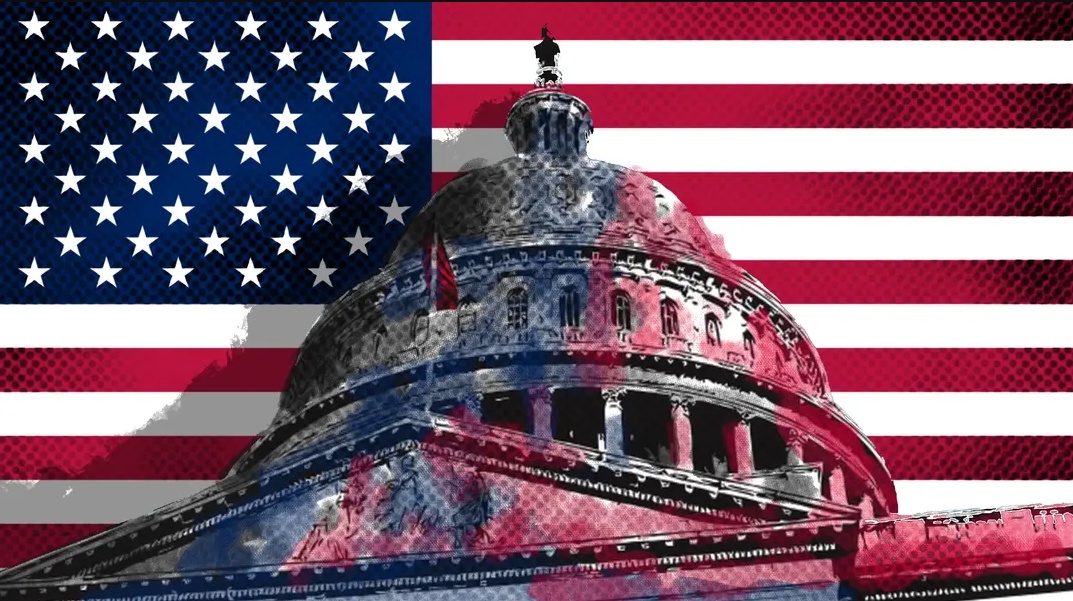In light of the American landscape of media and politics, the connection between these two worlds has become even stronger. The political bias link has raised significant concerns about journalism in terms of forming public opinion, influencing political discourse and thereby affecting democracy’s operations. As we venture into this intricate intersection, it becomes apparent that politics, as well as media bias, have many aspects that are deeply connected.
Bias: Media’s unspoken secret
Media bias refers to journalists’ and media houses’ tendency to present news information in a way that is consistent with their political predispositions or inclinations. Bias can take various forms such as selective reporting, framing of issues, language use or even omission of certain perspectives. While all reporting contains some degree of bias by its very nature, its extent and consequences have become more obvious during an age characterized by political polarization and the spread of digital communication.
The Emergence of Partisan Media Outlets
Many newspapers and television networks in America today are entirely focused on supporting one side. Newspapers such as The Washington Times or Fox News belong to conservative-leaning news outlets, while MSNBC is a liberal-leaning news network. As a result, these establishments usually prioritize sensationalism and ideological conformity over objective reporting. Consequently, people always hear something they believe in but dismiss everything else. It only increases political divides.
Social Media and Echo Chambers
The rise of social media has completely transformed the dynamics through which news content is disseminated, therefore taking the biases of media to a whole new level. In this case, platforms like Twitter and Facebook have made it possible for fake information to spread rapidly without any verification from anyone, hence serving as conduits for unverified facts that may be false or true. Also, user engagement maximizing algorithms create echo chambers where individuals encounter more content that confirms their presumptions rather than challenges them, thereby aggravating ideological fracturing across society.
The Role of Political Spin
It is also the case that politicians and political handlers have a significant role in shaping media narratives through spin and messaging. Politicians work hard to influence media coverage with talking points that are well-crafted, strategic leaks, press releases etc. It often makes it possible for biased or misleading information to be disseminated because of this symbiotic relationship between the media and politicians, thereby undermining public confidence in the integrity of journalism.
Challenges Against Media Objectivity
Journalism is facing its hardest time in maintaining objectivity with a growing difficulty to do so as competition for audience attention has intensified and traditional news organizations grapple with diminishing resources. Some outlets have chosen sensationalism and entertainment over truthfulness and fairness, all because click generation and revenue creation are necessary. Moreover, the advent of opinion-based journalism further weakened public faith in the media because there was no distinction between news reporting and commentary.

Effects on Democracy
The involvement of politics in media bias affects our democracy more than can be imagined. A well-educated society is essential for effective democratic governance, but the overwhelming presence of media bias diminishes the public capacity to make sound choices. Consequently, when news consumers are predominantly exposed to information that suits their ideological preferences, they are less inclined to critically engage with dissenting opinions or alternative viewpoints, which ultimately frustrate constructive conversations and bargains.
Conclusion: Navigating the Media Landscape
In this regard, it is important as we know where and how media bias crosses over to politics in exploring this ambiguous web. We can also deny them power by seeking out different sources of information and questioning its authenticity as well as looking for various views. Finally, there is an imperative need for media organizations to maintain high standards of accuracy, impartiality and objectivity so as not only to protect the integrity of the Fourth Estate but also preserve the lifeblood of American democracy.
At The American News Hub, we know how important it is to ensure a free and transparent press for democracy. Our devotion to the principles of journalism guarantees that our readers will get precise, fair and complete stories about what is happening in politics today. In this way, we help them make informed choices while also encouraging active participation in democratic activities.
Amidst the problems of media bias and political polarization, The American News Hub has remained committed to being an honest news source and upholding the integrity of journalism. We aim to promote enlightenment unity by promoting ethical conduct through objective coverage of events. Thus, we hope to build a society that respects truth, promotes independent thinking and encourages unfettered exchange of ideas. We will, therefore, journey on as part of this media dynamics, embracing integrity, accountability and unwavering commitment towards democracy ideals.


No comments yet